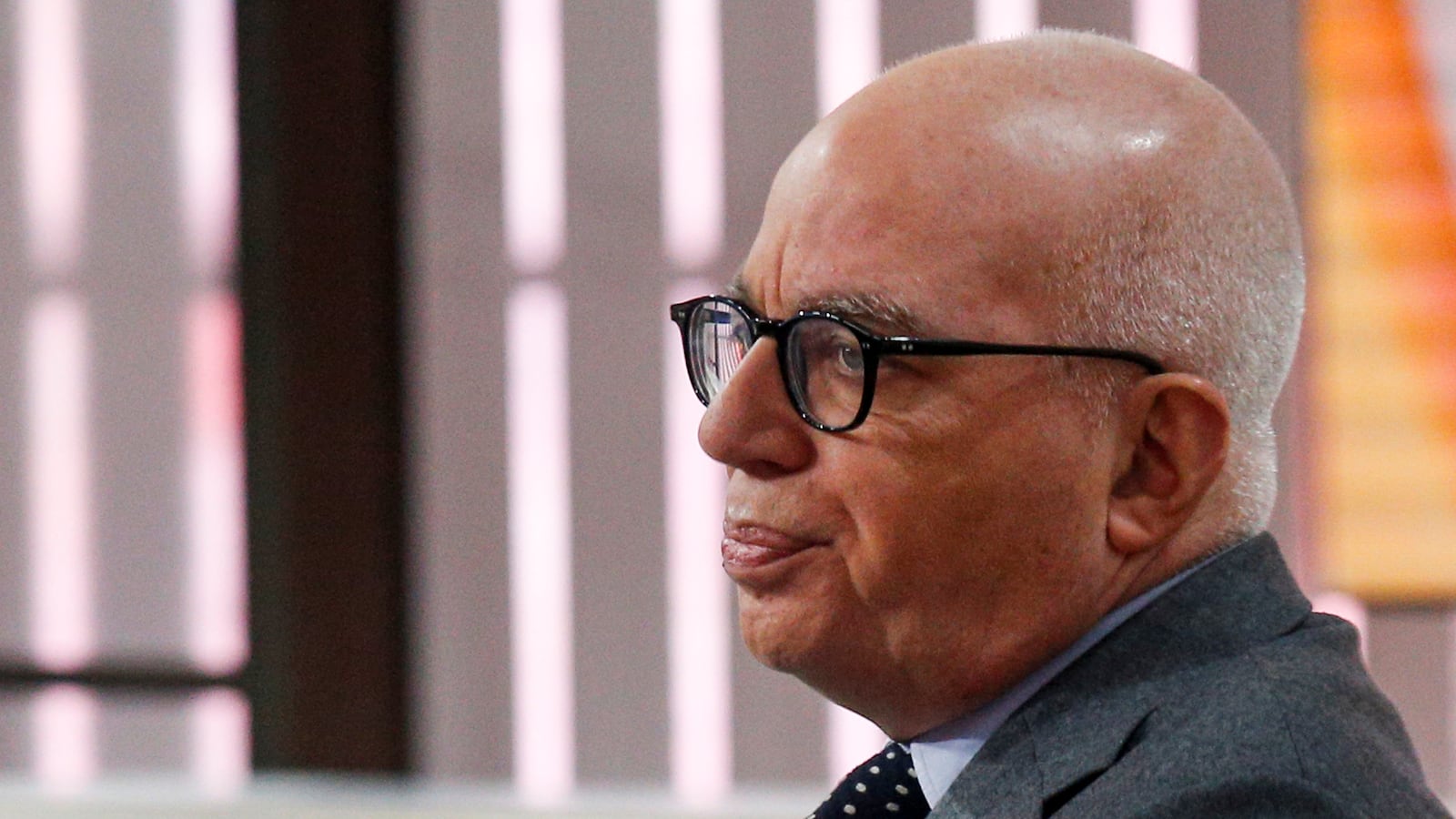A spokesman for Robert Mueller has emphatically denied a claim from Fire and Fury author Michael Wolff that the special counsel drew up a three-count obstruction-of-justice indictment against Donald Trump before deciding to ditch it.
The unverified allegation is made in Wolff’s new book, Siege: Trump Under Fire, which is due to be published next week. It’s the sequel to Fire and Fury, which infuriated the president for its claims about the dysfunctional inner workings of his White House.
The Guardian obtained a copy of the new book and reports that Wolff states his findings about Mueller’s supposed draft indictment are “based on internal documents given to me by sources close to the Office of the Special Counsel.” The newspaper writes that it’s seen the documents.
However, Peter Carr, a spokesman for Mueller, told The Guardian: “The documents that you’ve described do not exist.”
Wolff claims the draft listing the president’s alleged abuses was written under the title “United States of America against Donald J. Trump, Defendant,” and it sat on Mueller’s desk for a year before being discarded.
The Guardian reports the first of the three counts charged the president with corruptly influencing, obstructing, or impeding a pending proceeding before a department or agency. The second count is said to have charged the president with tampering with a witness, victim, or informant, while the third allegedly charged Trump with retaliating against a witness.
According to Wolff, Mueller’s team drew up both the three-count indictment of Trump as well as a supporting draft memorandum of law opposing any motion from Congress or the White House that sought to dismiss it.
The memo quoted by Wolff says: “The Impeachment Judgment Clause, which applies equally to all civil officers including the president… takes for granted… that an officer may be subject to indictment and prosecution before impeachment. If it did not, the clause would be creating, for civil officers, precisely the immunity the Framers rejected.”
Wolff writes that Mueller agonized for a long time over whether to charge the president before ultimately deciding he could not move to prosecute a sitting president.
Wolff's conclusion reads: “Bob Mueller threw up his hands. Surprisingly, he found himself in agreement with the greater White House: Donald Trump was the president, and, for better or for worse, what you saw was what you got—and what the country voted for.”






